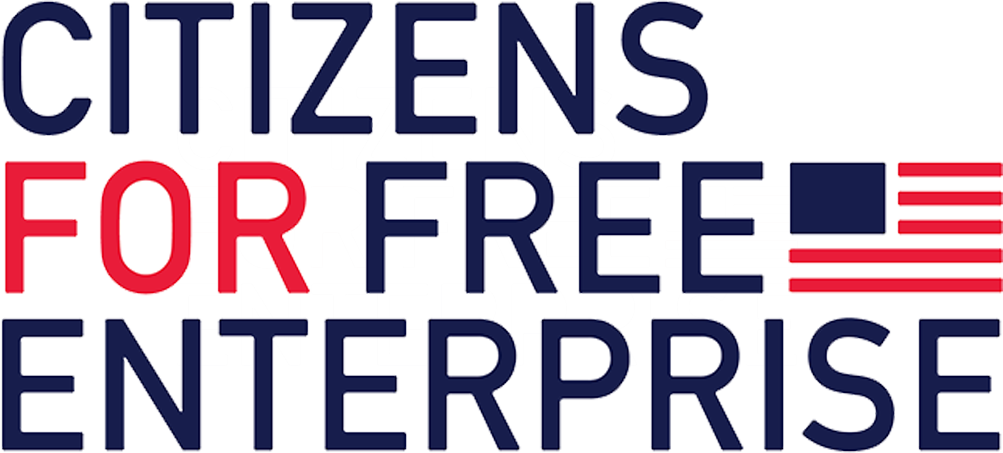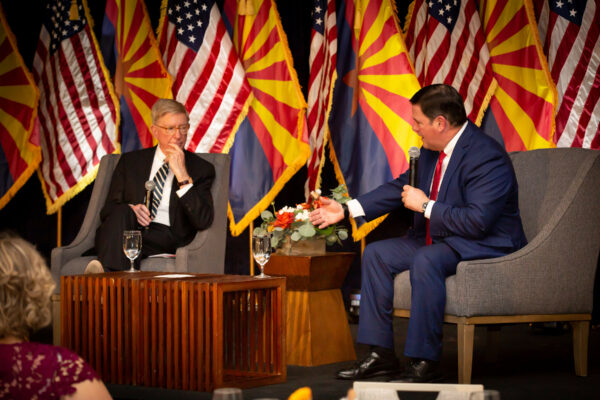Washington Post columnist George Will is dubbing Arizona’s universal school choice program “too popular to repeal.” The universal ESA program gives every Arizona family the ability to choose the best school that fits their child’s unique needs. By empowering every student to unlock their full potential, ESAs expand opportunity and prosperity for every Arizona family. The Arizona program, which is considered the “gold standard” of education freedom, was pioneered by former Arizona Governor and Citizens for Free Enterprise CEO Doug Ducey.
Below you will find excerpts from the column, which can be viewed in its entirety here.
Washington Post: Arizona is a model for school choice. Naturally, Democrats aren’t happy.
George Will
4/3/2024
Fittingly, the youngest of the contiguous 48 states is leading the brisk pace of the national embrace of K-12 education’s future: school choice. Predictably, Arizona Democrats, including Gov. Katie Hobbs, seem determined to regulate into anemia a program too popular — especially with some traditional Democratic constituencies — to repeal.
In the state’s universal education savings account program, the money follows the pupil. ESAs provide an average of $7,143 for parents of children leaving traditional public schools to spend on alternatives, including home schooling. Arizona spends about $13,500 per public school student; if everyone opted for ESAs, the state would save money.
…
For more than 30 years , charter schools — non-unionized public schools, exempt from bureaucratic calcification and conformity that stifles pedagogical experimentation — have brought cultural and curricular diversity to 45 states and D.C. Doug Ducey, a Republican who served as governor from 2015 to 2023, made Arizona the nation’s school-choice leader, which is one reason he won 44 percent of the Hispanic vote when winning reelection in 2018 against a Hispanic opponent. (Hispanics are the fastest-growing charter school cohort. The affluent have school choice in their checkbooks.) Ducey says that if Arizona’s 525 charter schools were the state’s K-12 system, his state would lead the nation in math, reading and science.
…
Americans are in an à la carte mood, rebelling against constraints on their choices (e.g., cable television “cord cutting”). And they sense that what is emanating from schools today validates this music educator’s axiom, “Mediocrity is like carbon monoxide: You can’t see it or smell it, but one day, you’re dead.”
Schools are, for many Americans, where contact with government is most intimate. And most unsatisfying. It is, however, much more satisfying here than it was before Arizona chose choice.

